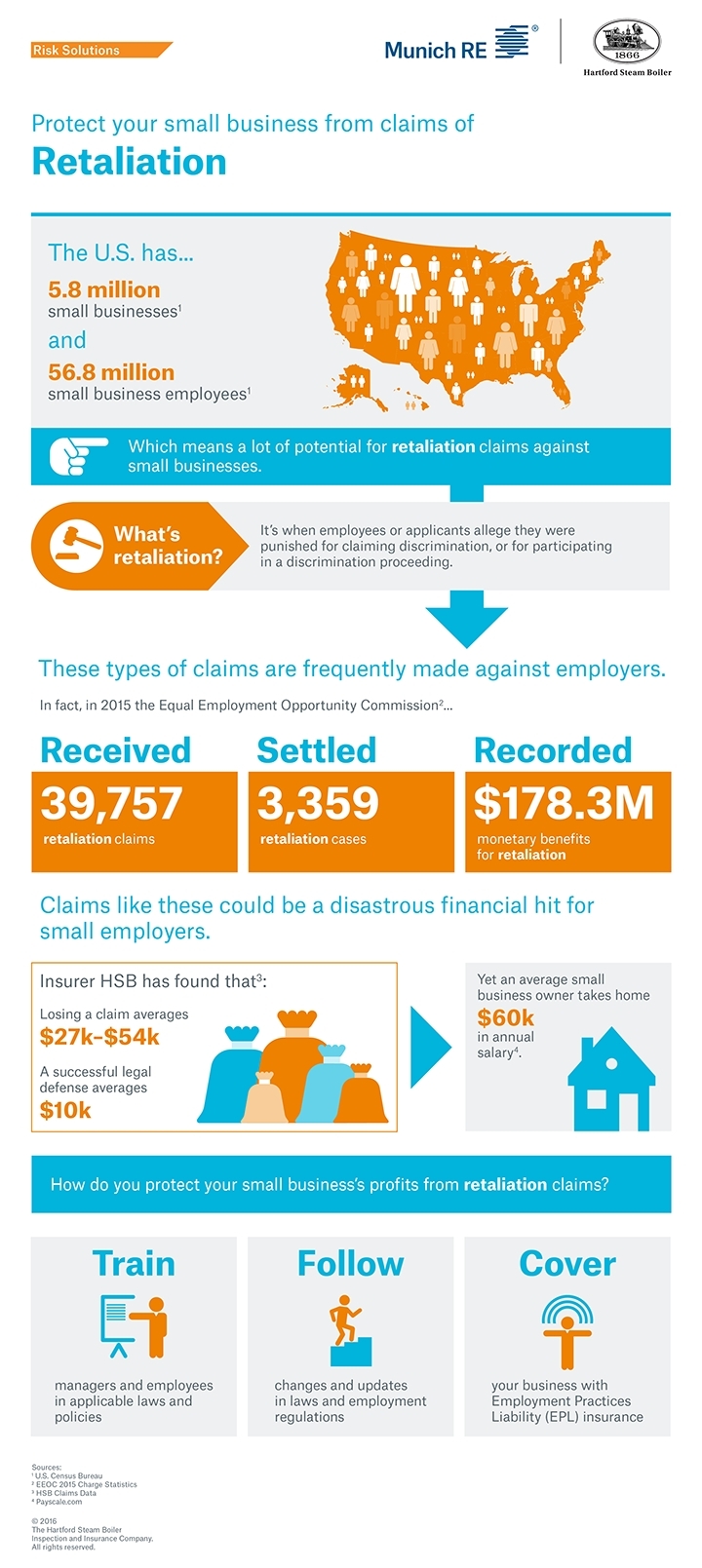Small Businesses With Low-Wage Immigrant Workers Need To Change
Ironically, the recent attempted nationwide boycott of restaurants and other businesses by workers to demonstrate their importance to the economy actually highlighted vulnerability of many smaller businesses.
As one expert recently told an audience of small business leaders: “If your business can’t survive without low paying immigrant labor, your business model is wrong.”
His challenge came as the nascent stirrings of a fundamental change in American business practices starts to gain steam.
For the first time, business leaders are facing the possibility that cheap labor provided by illegal immigrants may be eroding.
Two factors are lending themselves to this trend: President Donald Trump’s attacks on illegal immigration and labor unions’ efforts to codify into law the $15-an-hour minimum wage.
To be sure, many business leaders say they can’t survive as profitable entities without being subsidized by immigrants, who are in most cases are paid less than American counterparts.
Perhaps this new trend is a good thing for America.
Technology has radically changed the face of America’s economy. From a nation of manufacturing it has become one of service. At the same time, the nation’s education system has not provided the tools for young people to compete in many new science and tech areas.
The socialization of America’s young people for the past 50 years has also not educated them to the tenets of hard work, sacrifice, and attention to detail ingrained into immigrants. For a variety of reasons, taking menial jobs to begin a career is no longer acceptable in today’s world. Horatio Alger is a long forgotten hero to Americans. Yet in the 19th and early 20th centuries his stories were a must read and inspiration to generations of youths.
With the dearth of applicants for entry level or menial positions, employers have turned to immigrants who entered America in unprecedented numbers during past decades.
Immigrants often take the lowest paying, menial jobs such as bus boys, cleaners, janitors, retail clerks, and construction. They are also exploited with lower pay, withheld wages, brutal working conditions, and no benefits.
Economists tell us for the past 50 years these immigrant workers, particularly from Central America and the Caribbean islands, often undocumented and illegal, have fostered a separate economic sector which enabled many companies to enjoy profits.
As illegal workers, they do not pay taxes, contribute to healthcare programs, their employers do not pay wage-based taxes, and much of the monies earned is sent out of the country.
While many of these immigrants have been productive, useful, and welcomed citizens, others have remained outside the regulatory net. As the need, use, and availability of illegal workers grew, they became a national issue that is now dividing the country.
Given the hue and cry their numbers have elicited, changes in the free flow of immigrants are imminent. Foreign-born labor as an economic crutch for many enterprises may not survive the Trump administration. Already, border crossings from Mexico of illegal immigrants are down. Farmers in western states report shortages of workers to pick crops. The Immigration Department’s efforts to deport illegal immigrants are expected to increase under President Trump.
It is said, immigrants from impoverished nations are often the most talented and ambitious citizens. To take up roots and move requires great effort, emotional investment, and courage. Therefore, the host nation often benefits from immigration. Clearly over the centuries, America has been blessed with its immigrants.
While it is also well-documented, these immigrant workers often take up the lowest paying jobs many Americans will not fill. The saved earnings from these positions are often used as resources to ownership of other businesses.
In some cases, American businesses have found themselves facing competition from other enterprises owned by immigrants who worked for them short years ago. While the number of small businesses founded by immigrants have not been fully counted, some initial surveys by Information Strategies, Inc. put the number at 10% for the period 2010-2015.
Starting with the ordering counters at fast food restaurants to cleaning services to car washing units, many entry or menial jobs are being replaced by robots or other automated systems.
According to Ed Hess and Katherine Ludwig in their new book, Humility Is the New Smart, citing Oxford University research, 47 percent of all jobs in the United States have a high probability of being taken over by technology in the next five to fifteen years.
The workers displaced by these technological changes could well threaten American democratic institutions.
It is time small business owners who depend on low-wage immigrant workers in order to make a profit began to think of alternative models.




